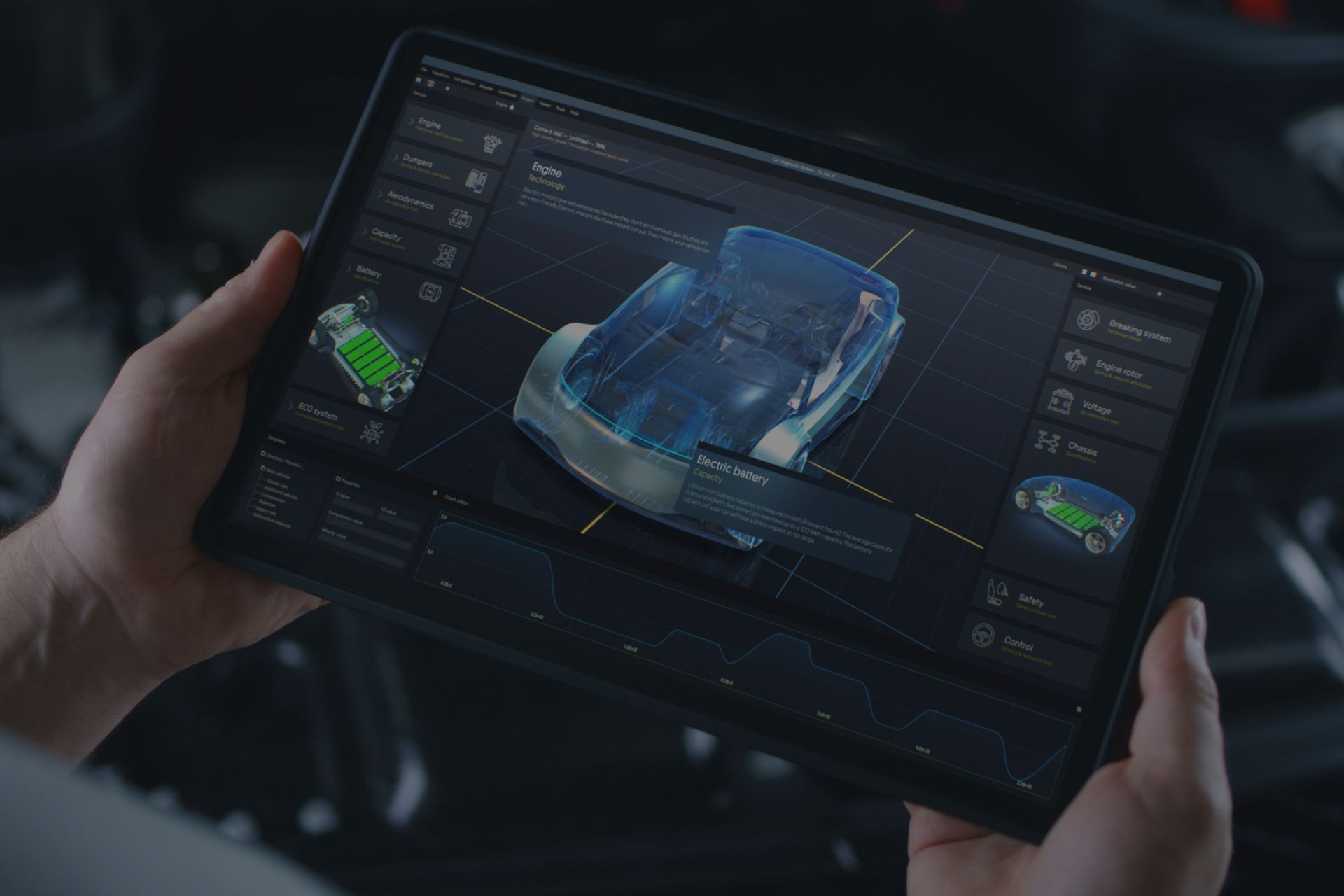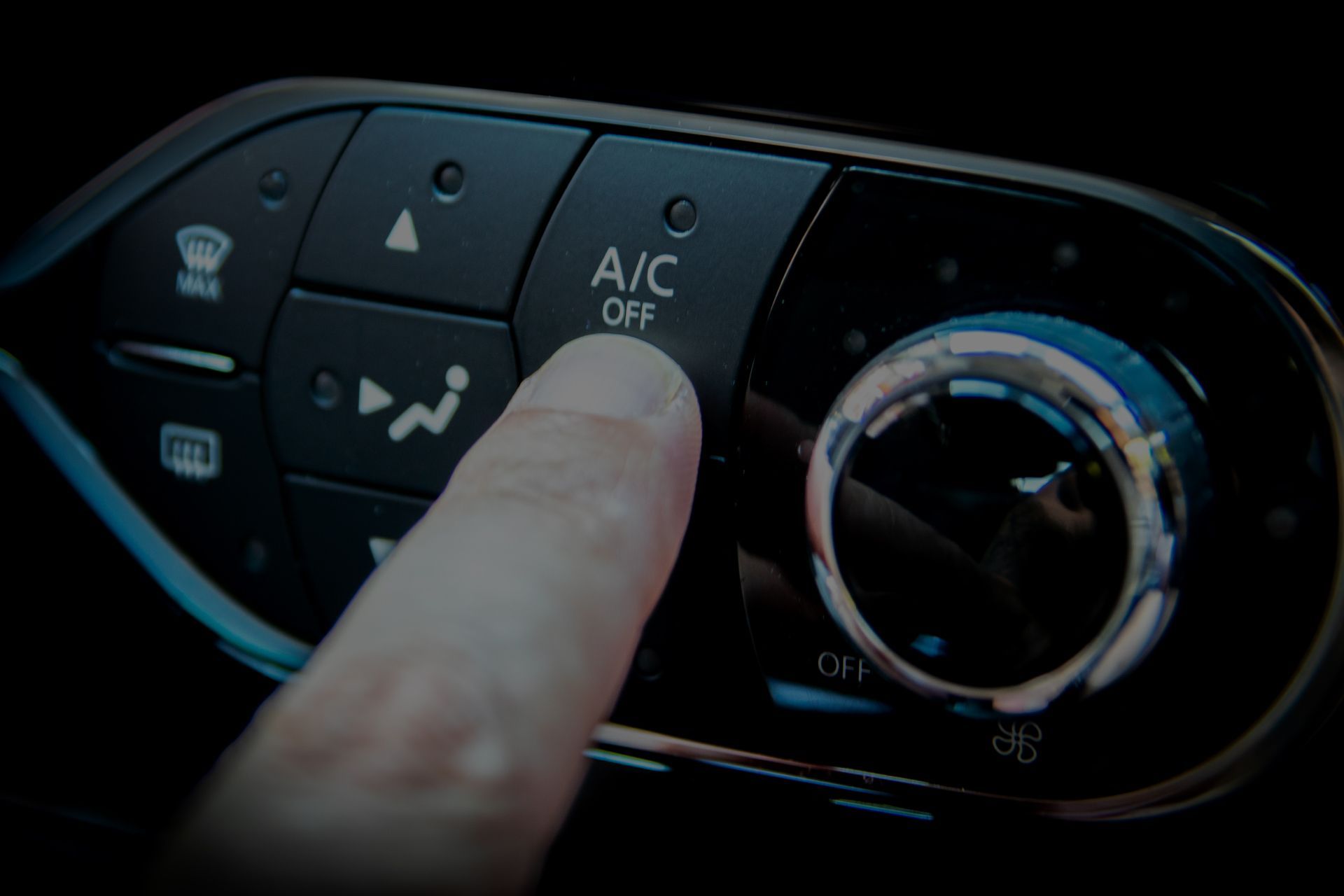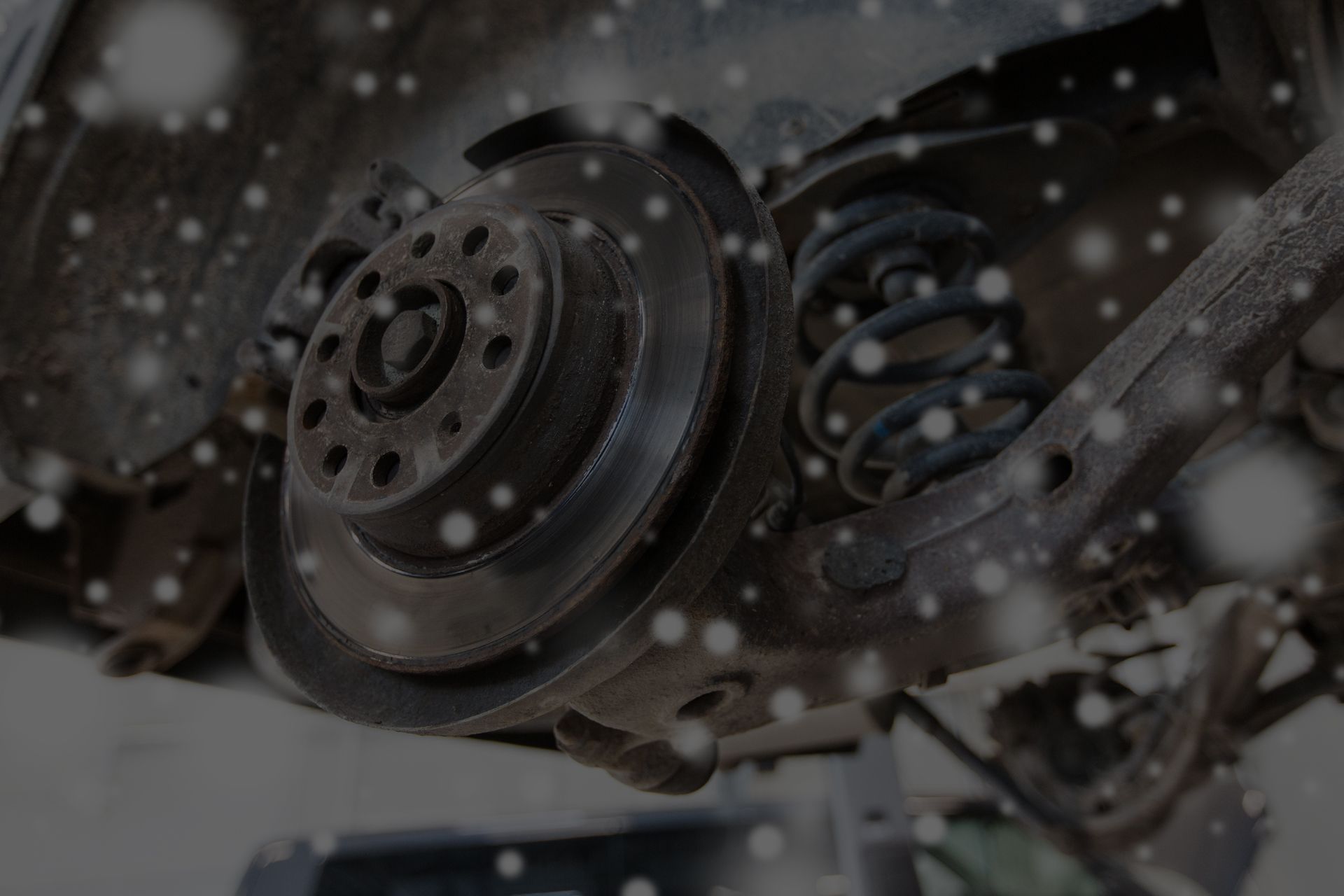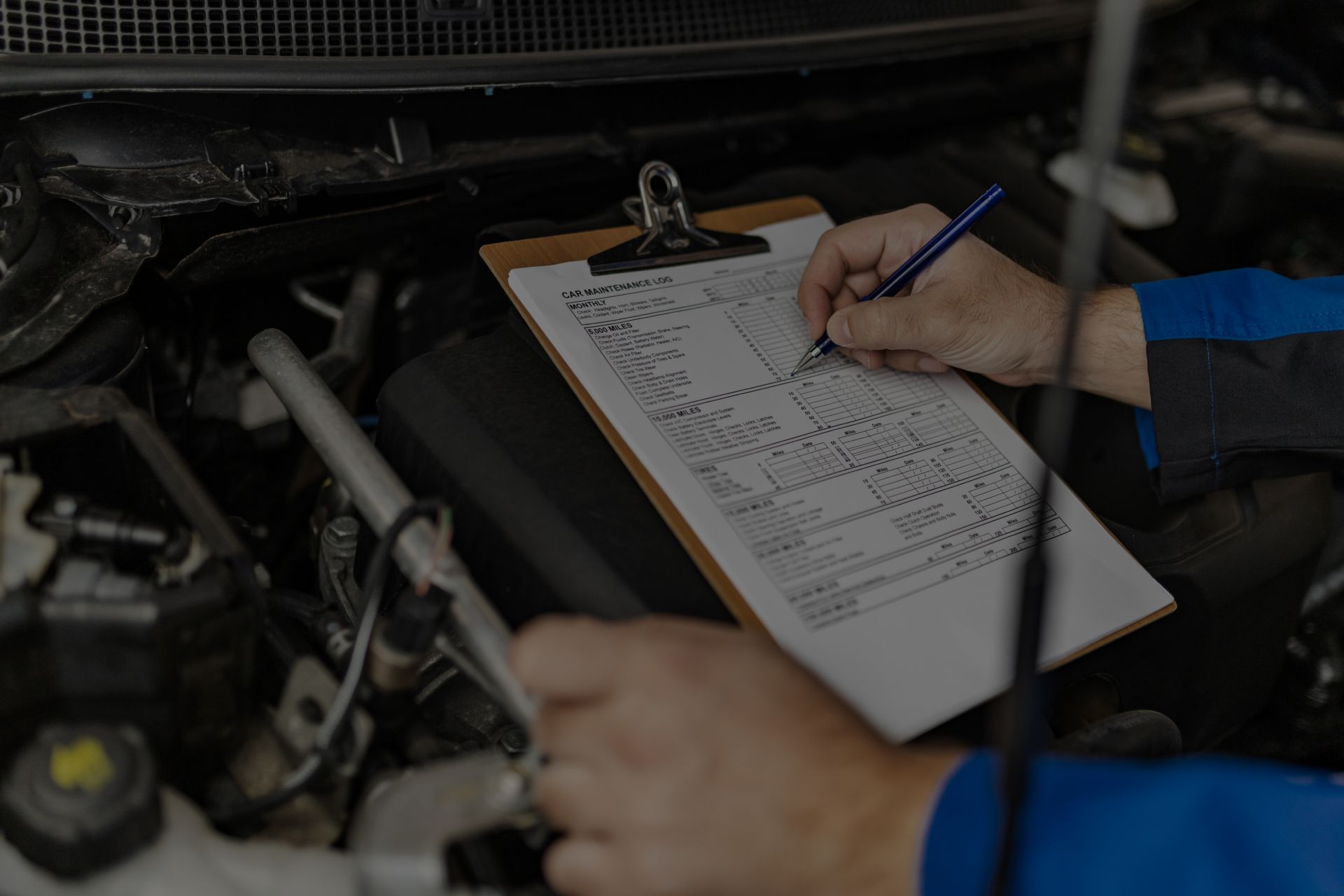Summer in Denver brings sunshine, outdoor adventures, and temperatures that can punish your vehicle. With over 300 sunny days per year and pavement temperatures reaching 140°F or higher, the Mile High City creates unique challenges for car owners. Whether you're driving a BMW through downtown or taking your Honda to the mountains, extreme heat can cause serious damage to your car's vital systems.
Why Denver's Summer Heat Is Especially Tough on Cars
Denver's high altitude means we get hit with 25% more UV radiation than cities at sea level. Our thin atmosphere can't filter out as much solar energy, making summers particularly brutal for vehicles. The urban heat island effect makes things worse – all that concrete and asphalt absorbs heat during the day and radiates it back out, keeping temperatures elevated well into the evening.
Add Denver's low humidity to the mix, and you've got conditions that can literally cook your car's components. From LoDo to Aurora, from Littleton to Centennial, no Denver-area driver is immune to these harsh summer conditions.
Critical Systems at Risk During Hot Weather
Your Engine's Cooling System Your radiator, coolant, and water pump work overtime during Denver summers. When coolant breaks down from extreme heat, it loses its ability to protect your engine from overheating. Old or contaminated coolant can cause your engine to run hot, leading to expensive repairs.
Air Conditioning Components Nothing's worse than losing A/C during a Denver heat wave. High temperatures stress your A/C system's compressor, condenser, and refrigerant lines. When these components fail, you're left sweltering in traffic on I-25 or struggling through mountain passes without relief.
Your Battery Heat is actually harder on car batteries than cold weather. Denver's extreme summer temperatures cause battery fluid to evaporate faster and can warp internal plates. A battery that dies during a heat wave can leave you stranded in parking lots that feel like furnaces.
Tires and Belts Hot pavement and high temperatures make rubber components deteriorate faster. Your tires face constant stress from heated asphalt, while engine belts can crack and snap when exposed to extreme under-hood temperatures.
Smart Summer Protection Strategies
Park Smart Whenever possible, seek covered parking or shaded areas. Even a few hours in direct Denver sun can heat your car's interior to dangerous levels. If you must park in the sun, use a windshield sunshade to reduce interior temperatures and protect your dashboard.
Check Fluids Regularly Summer heat makes all your car's fluids work harder. Check your coolant level weekly, but never remove the radiator cap when the engine is hot. Monitor your oil condition – heat breaks down oil faster, making more frequent changes necessary during summer months.
Monitor Tire Pressure For every 10-degree temperature increase, tire pressure rises 1-2 PSI. Check your tire pressure early in the morning before driving, when temperatures are coolest. Overinflated tires from heat expansion can lead to dangerous blowouts on hot pavement.
Use Your A/C Wisely Don't blast your A/C immediately after getting in a hot car. Start by opening windows and letting hot air escape, then gradually cool the interior. This reduces strain on your A/C system and helps it work more efficiently.
Warning Signs Your Car Is Struggling with Heat
Watch for these red flags that indicate heat-related problems:
- Temperature gauge reading higher than normal
- A/C blowing warm air or taking longer to cool
- Steam or unusual smells from under the hood
- Frequent need to add coolant or other fluids
- Battery warning lights or starting problems
- Unusual tire wear patterns or sidewall cracks
The Denver Advantage: Altitude and Heat Management
Living at 5,280 feet creates unique cooling challenges. Your engine works harder to produce power in thin air, generating more heat. This extra stress, combined with intense UV exposure, means Denver vehicles need more attention than cars in lower-altitude cities.
European vehicles like BMW, Mercedes-Benz, and Audi often have sophisticated cooling systems designed for performance, but they require specific coolants and regular maintenance. Japanese imports like Honda, Toyota, and Subaru are generally reliable but benefit from more frequent summer inspections. American vehicles typically handle heat well but may need cooling system upgrades for mountain driving or heavy loads.
Professional Summer Preparation
While you can handle basic maintenance like checking fluids and tire pressure, professional summer preparation ensures your car can handle Denver's extreme conditions. A qualified technician can:
- Test your cooling system for leaks and proper operation
- Check A/C refrigerant levels and component function
- Inspect belts and hoses for heat damage
- Evaluate battery condition and clean connections
- Assess tire condition for safe summer driving
Don't let extreme heat leave you stranded this summer. Regular maintenance and smart driving habits will keep you cool and comfortable, whether you're commuting through Denver traffic or heading to the mountains for weekend adventures.
Keep Your Cool This Summer with Professional Care
Summer heat doesn't have to mean expensive repairs or roadside breakdowns. If you've noticed any warning signs or want to ensure your vehicle is ready for Denver's challenging summer conditions, the ASE Certified technicians at ImportSports Performance are here to help.
Since 1997, we've been helping Denver drivers beat the heat with expert cooling system service, A/C repair, and comprehensive summer vehicle inspections. Our team knows how altitude and extreme temperatures affect all vehicle makes and models.
Call us today at
(303) 752-2422
to schedule your summer vehicle inspection, or visit us at 7667 E Iliff Ave. Don't wait until you're overheated on the side of the road – let us help keep you cool and confident on Denver's roads all summer long.






